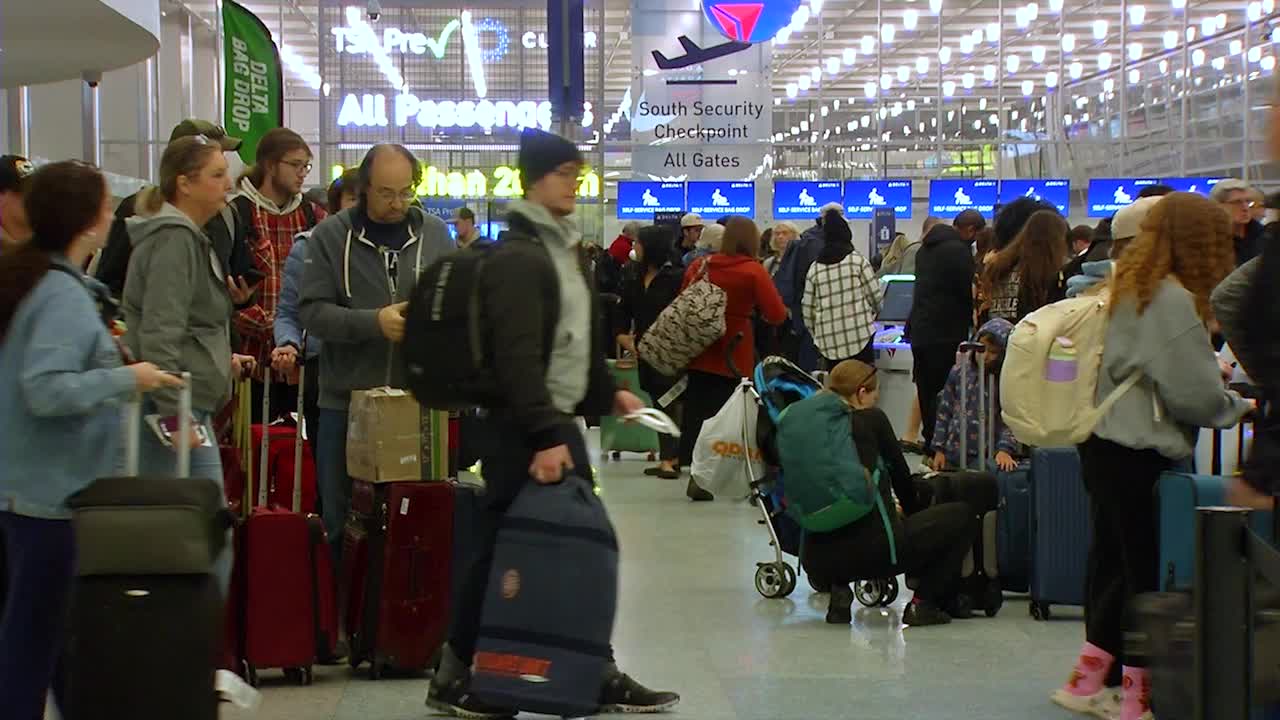Adventure tourism has been a growing niche in the travel industry, with the global market valued at over $450 billion and projected to reach $2.6 trillion by 2033, according to a recent report by Allied Market Research. And although, as Wild Expeditions’ Chris Roche points out, people usually equate adventure travel with kayaking in a North American river or hiking to Machu Picchu, Africa is starting to position itself as a new and different type of adventure tourism destination.
“Adventure is in the eye of the beholder,” said Peter Allison, sales and marketing manager at Natural Selection. He explains that for many people merely touching ground on the African continent is a pulse-raiser. But he adds that Africa is no longer a “one-trick pony” promoting only wildlife experiences.
Kenya is embracing this shift wholeheartedly. The Kenya Tourism Board has established a National Adventure Tourism Products Club, bringing together public- and private-sector stakeholders to package and promote new adventure offerings. June Chepkemei, CEO of the tourism board, said the resilience and growth potential of adventure travel is key in supporting local economies.
In a recent webinar organized by the Africa Travel and Tourism Association, James Savage of Savage Wilderness said Kenya’s diverse adventure portfolio now includes things like paddleboarding with dolphins, camel safaris and even heli-biking on Mount Kenya. The country is also gaining traction as a destination for professional mountain bike racing, with events like the Safari Gravel Race in Naivasha’s Hell’s Gate National Park drawing international competitors.
Meanwhile, South Africa’s Western Cape is also making its mark in the adventure space. According to South African Tourism, the province attracted 85% of all adventure tourists visiting the country in 2023. Wesgro, the region’s official tourism, trade and investment promotion agency, commented that the Western Cape is “ideally positioned in the adventure tourism market due to its growing emphasis on sustainability and the promotion of harmony between humans and nature.”
Low-impact thrills
Although the continent has long featured adventure activities such as bungee jumping and whitewater rafting in places like Victoria Falls, Africa is also developing activities “for those seeking a thrill but with fewer bruises,” according to Allison. He mentions activities like exploring the ancient dunes of the Skeleton Coast from Shipwreck Lodge in Namibia, snorkeling under a waterfall at GweGwe Beach Lodge in South Africa and learning how to make fire with sticks, zebra dung and sand from the bushmen.
Roche agrees, saying there has been a shift from pure adrenaline activities to “soft adventure.” This includes experiences like tracking lions on foot, sleeping out on an island in the Okavango Delta or spending a day immersed in local rural culture. “Travelers want to be able to immerse themselves in local culture and really understand what it’s like to be a rural person in Africa, living with the wildlife and the challenges that brings. We also see an increased demand in destinations like Madagascar and Ethiopia, which offer less typical safari adventures that are far more physically active, more remote, less scripted and just entirely different,” he said.
Spreading the tourism wealth
This reimagining of adventure tourism is having a positive impact on rural communities across Africa.
“The rise of adventure tourism across Southern Africa represents a significant opportunity for sustainable economic growth and regional cooperation,” said Natalia Rosa, project lead with the SADC Business Council Tourism Alliance. “By diversifying our tourism offerings beyond traditional safaris, we’re not only attracting a new segment of travelers but also spreading the benefits of tourism to more communities across the SADC region. This shift towards adventure and experiential travel aligns perfectly with our goals of promoting responsible tourism and fostering deeper connections between visitors and our diverse cultures and landscapes.”
Allison highlights innovative programs like the Ele Express in northern Botswana, which provides safe transport for schoolchildren in areas with high elephant populations. Such initiatives demonstrate how adventure tourism can directly contribute to community development and conservation efforts.
“The impact is not just job creation, it is locals also understanding the importance of tourism and why it has to be protected,” said Nomkhosi Tshabalala, marketing manager for Kruger Lowveld in South Africa.
Adventure tourism is “low-hanging fruit” for communities, said Johan Radcliffe of Dirty Boots. “There are many rural areas that are offering walking tours, kayaking trips and many more such activities. These operations are low in capital set-up fees, and rural areas are the perfect location for activities such as these.”
For Roche, it’s the right time for Africa to focus on diversifying safari product beyond its core construct (game drives with a guide). Why? “Because it provides a mitigation to overtourism in a couple of key locations. Because it will ensure the positive impacts of tourism are felt farther afield and have good outcomes for less well-known ecosystems and species. And because a one-dimensional approach is limited and has an inherent risk to market change,” he said.
Tips for travel advisors
For travel agents looking to tap into this evolving market, adventure specialists in Africa have the following advice:
1. Prioritize safety: Look for operators with a proven safety record, comprehensive insurance and a transparent approach to safety discussions. “Are they proud of their safety record? Are they happy to discuss their measures with you? No cavalier operator will be in business more than a few years,” Natural Selection’s Allison said.
2. Download the right apps: Jessi Sunkel, executive director of the South African Adventure Industry Association, said travel consultants should advise clients to download the Secura Traveller app which offers immediate help wherever they are in South Africa.
3. Verify credentials: Ensure guides have proper certifications and operators have necessary licenses and accreditations and ask for proof, said Sunkel. A great resource is 101 Adventures. This is a list of companies that are complying with high standard regulations created by industry experts. Johan Radcliffe of Dirty Boots South Africa emphasizes the importance of checking for proper certifications and insurance. He also recommends agents familiarize themselves with the various adventure tourism associations and governing bodies in each country.
4. Check digital presence: Research an operator’s online presence and reviews for insights into their reputation and safety record, said Kruger Lowveld’s Tshabalala.
5. Stay informed: Use resources like government travel advisories, local news and official tourism websites for the latest information. “An easy start is your government travel advisory, but the problem with those is they throw a blanket over whole nations — saying don’t go to Namibia because there might be yellow fever in neighboring Zambia is akin to blacklisting Alaska because of violence in Mexico,” Allison said. “If you make the effort, local news coverage is a good source – if it’s not panicked you probably don’t need to be either.”











